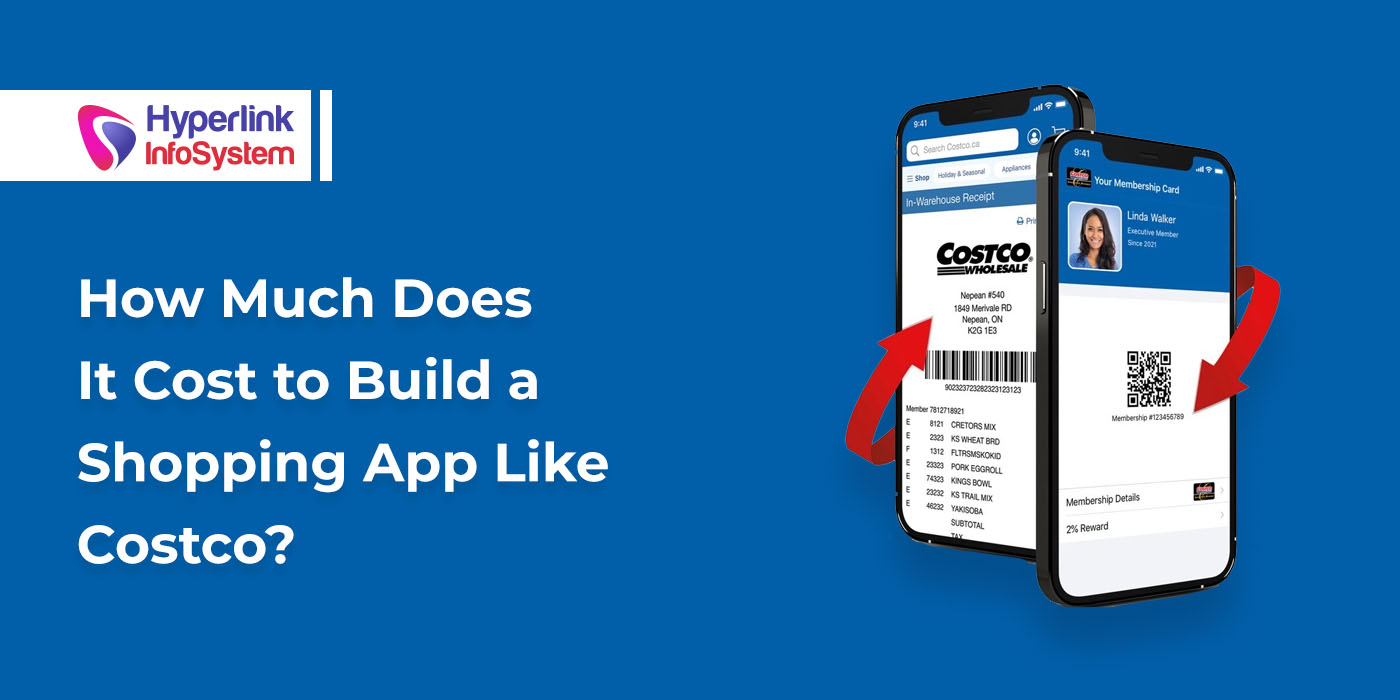Do you think you have a great idea about developing a top notch mobile app? If so then that is fantastic. But the question is, how do you intend to move forward with your plan or build your app? What are the essential factors that must be taken into consideration before starting your new project? These are crucial questions you need to answer for yourself before finally making a decision to create your app. Furthermore, you must take a look at
app statistics as this will allow you to understand how dynamic the mobile world is.
Here are a few stats to take note of:
- There were approximately 4.43 billion mobile device users globally as at the year 2015 with that number reaching nearly 5 billion since this year.
- As at 2015 there was an average of 1.6 million Android apps on the Google Play store and 1.5 million iOS applications available on the Apple app store.
Anytime a small business tries to
start mobile app creation; mistakes can always happen. There may be a host of restrictions like having a small budget, weak work force or employees, and less exposure or lack of experience. If you wish your mobile app stands out and delivers, you need to be cautious. Unfortunately, many small businesses are often ignorant of how to engage audiences or convert businesses with their apps. With an overwhelmingly increasing competition in the mobile app market, you have no other option than to strive to be near perfect at least. Here are some of the core areas you need to focus on before taking any step in developing your new mobile application.
1. What Will It Cost You?
If you're a newbie in the app game, you should know that creating an app will cost you at least $7,000. This is just for a simple-super program, involving none of those social media decorations or fancy enterprises.
On the other hand, any app with much strength in the code will probably cost you three times the former ($20,000 or more). Except you have got some fundamental design skills, you may have to subscribe for the assistance of both a designer and a programmer. These people are not cheap, especially the developers who can sound outrageous in service cost (due to the apparent shortage of real coders). You can always try to siphon some of the costs by offering your experts some equity. Moreover, everyone attempts to get a free (or almost free) app by just offering developers equity. So, except you have the talent to sell them with your initiative or bring something different to the table, you better get prepared to splash some cash.
Most times, adding some form of equity (like a bonus) has never being a bad idea. So, you might probably like to dish out some of the shares. These underlying demand and supply dynamics implies that more
app developers India often ask for outrageous terms. Some of these developers require a huge down payment in exchange for just some few weeks or even days of work. So, if you are very serious regarding making something more than a quickie grab for cash, you know what to do. Get a developer that you are sure will continue with the project for future updates, and not neglect it as soon as it hits the market.
Now, get everything down in writing. If you do not wish to hire a lawyer, simply look for a boilerplate contract on the web. You can also obtain it from someone else who has gone through the entire process and simply swap your numbers and names. If possible, you may also need to work with some
mobile app developers who are local to you (or at least with those builders who have the willingness to join you for regular tutelage on
Google Hangouts, and
Skype chat, etc.).
2. Don't Keep Your Visitors waiting
Losing the bond between you and your app users during the page processing of the app will surely turn to a fatal mess, as users may think that the app is not functioning very well. Also, keeping your users waiting may create a negative point of view thus giving them a not-too-good experience.
To prevent this from happening, you can always try to use the loading animations and indicators. This is simply to give your app users an assurance that the app is still functioning properly (but just waiting for the network). A progressive indicator is always the best option for this situation.
3. Real Market Research
Before launching into the market or starting the
development process of your application, you should always conduct an in depth market research. Analyzing the market properly will give you more idea of the competition, and strategies as well as weaknesses, and strengths too. This information will certainly be useful because you can avoid some mistakes that some of your competitors repeatedly made in the past.
Many times, developers overlook
customer feedbacks and reviews. These reviews are meant to give you an idea regarding the likes and dislikes of your app by the users. Which is a why you must make sure that you become observant of the stress areas and strive to solve it in your mobile app. This strategy will give you a good chance to exceed expectations and beat your competitors.
4. Efficiency
It is a favorite saying that "if you are doing anything, put in 100% effort and accuracy, or don't even do it at all." This is what every user expects from an app developer for app development. When we say efficiency, we also mean data efficiency. Smartphone apps utilizing 3G or 4G data may be downloaded and quickly forgotten. If you don't wish your app to rest in that category, ensure that it makes use of data efficiently. Make sure it must not use up more data than necessary.
5. Testing your App Before Launching
It is very crucial to check your mobile app before sending it to the mobile app store. You must have an idea of how the mobile app is going to look like for users. Your app must be unique and creative. It should also be easy to comprehend (even a ten-year-old can access it hassle-free) and offer high performance.
Testing your app before sending it out to an inpatient market will help straighten any fault or bugs before it gets to the mass market. After successful testing, you may also employ beta testers to carry out the second stage of screening. Learn everything you can, pertaining the beta testers, while you try to improvise everything possible regarding your observations. There are so many
app testing tools out there in the market. You can always use these tools to organize and structure the beta testing.
























